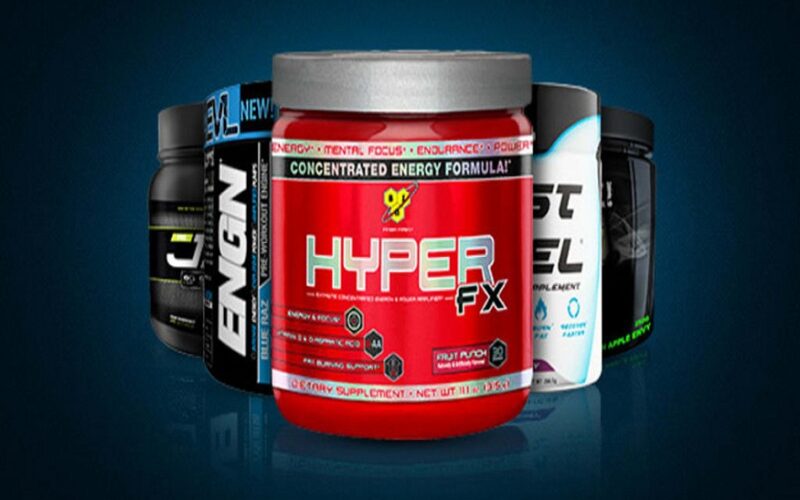Beta-alanine is one of the amino acids naturally found within your body, and it works together with histidine to synthesize carnosine stored in your skeletal muscles. During high-intensity exercises, the carnosine plays the role of reducing acidity in your muscles hence lessening your fatigue.
That means the more carnosine levels you have, the more intense your performance is likely to be because it also enhances endurance. However, beta-alanine in your body is limited compared to histidine, which limits the production of carnosine. Taking beta-alanine supplements can boost your carnosine production, leading to better and improved performance.
The top food sources of beta-alanine
Beta-alanine’s primary food sources are carnosine-rich foods, including poultry, meat, and fish. Although it is a part of a larger compound, the nutrients break free when the food is digested. So, how about vegans? Well, it may be quite unfortunate, but vegans and vegetarians have 50% fewer carnosine levels in their muscles than omnivores.
Although you can get sufficient beta-alanine from your diet, beta-alanine supplements can raise the levels even higher. That is why athletes and fitness enthusiasts commonly use them as they help increase carnosine levels leading to high performance during high-intensity exercises.
Benefits of beta-alanine
It increases time to exhaustion- more beta-alanine means more carnosine levels which helps you perform for longer periods. According to studies, twenty cyclists supplemented with beta-alanine for four weeks increased their time to exhaustion by 13-14%.
Generally, beta-alanine boosts performance during high intensity and shorter duration performance lasting one to several minutes. According to a study, six weeks of beta-alanine supplementation increased time to exhaustion by 19% in high-intensity interval training.
Some studies suggest that beta-alanine also benefits body composition by improving training volume and boosting lean muscle mass. One study proved that supplementation with beta-alanine for three weeks increased lean muscle mass. However, other studies have suggested no significant difference in body composition after beta-alanine supplementation.
Other health benefits of beta-alanine include immune-enhancing and antioxidant properties. High carnosine levels increase nitric oxide production, boosting heart health and fighting the aging process. Carnosine is also believed to improve the function and quality of muscles in older adults.
Dosage of beta-alanine
The standard dosage recommendation of beta-alanine supplement is 2-5gms a day. Taking beta-alanine supplements together with carnosine-rich foods can boost your carnosine levels further. Generally, taking beta-alanine supplements is proven to be more effective in increasing carnosine levels than taking carnosine itself.
Safety and side effects
It is not advisable to take excessive beta-alanine as it can lead to paraesthesia. It is an unusual tingling of the skin you are likely to experience on the neck, face, and back of your hands.
Note that the intensity of paraesthesia increases with an increase in dosage. Another possible side effect is a decline in taurine levels because beta-alanine competes with taurine for absorption in the muscles.Therefore you can avoid it by taking small doses at a time of beta-alanine.
conclusion
Beta-alanine boosts athletic performance by increasing endurance, time to exhaustion, and reducing fatigue.

